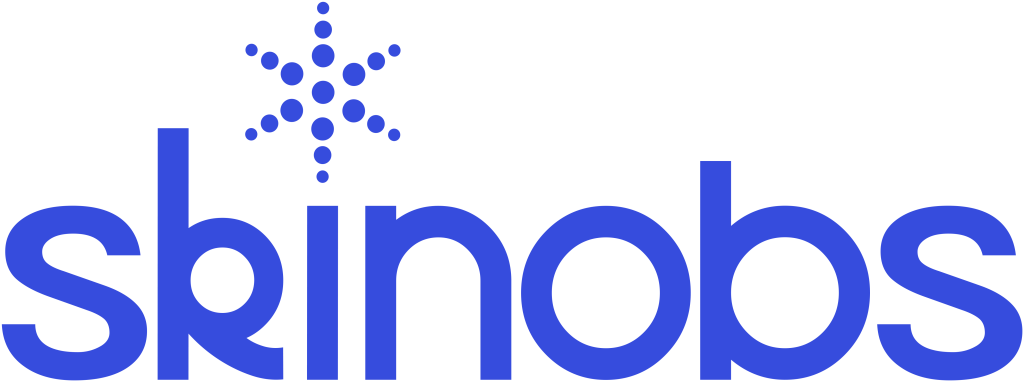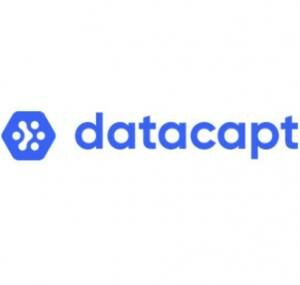The Future of Clinical Tests: Decentralization by Datacapt
22 March 2022
Most sponsors of clinical studies address an international market when marketing their products. It is therefore essential to have access to different types of volunteers, both in terms of their physical characteristics and their social environment. Furthermore, the implementation and monitoring of studies cannot be dependent on changes in the health, economic or regulatory environment. The collection, processing, and storage of data must be possible everywhere and at any time, in a safe but simple and intuitive way for participant panels as well for investigators, and clinical research officers.
It is to meet these requirements that new technologies and solutions are emerging, and their use has been accelerated by the Covid–19 pandemic, which highlighted the need to dematerialize the necessary documents, collect data remotely, and not lose or leave subjects in a study without medical supervision. Even in non–crisis times, the new decentralized approaches have many advantages, which is that they put volunteers back into real life, ensuring better compliance with protocols and allowing continuous monitoring. They also allow access to many investigators, even and especially if they also wish to work remotely. The setting up and implementation of decentralized studies should therefore not be ignored as the advantages and benefits are numerous.
What we want to share with you today
1. What is a remote clinical study?
2. What are the benefits of decentralized studies?
3. How Datacapt allows you to carry out your decentralized clinical studies with ease?
4. To conclude
1. What is a remote clinical study?
The concept of remote clinical studies is not new, but it is only recently that it has begun to be used. The conditions for monitoring and data collection had to be sufficiently controlled and monitored to obtain reliable results, which is now possible thanks to the development of current tools. It consists of carrying out studies without the volunteers – and sometimes even the investigators – having to go to a dedicated laboratory. All or part of the steps necessary to carry out the studies are conducted remotely, whether it be the inclusion of subjects, obtaining their consent, the necessary explanations, observations by clinicians, follow–up, data collection, checks, etc.
This type of study facilitated the recruitment and participation of volunteers. The geographical area of recruitments is therefore much larger, and the volunteer’s comfort is much improved.
The data management and collection are done on a single platform (clinical data, scoring, surveys, photos, adverse events, etc.) and it is obviously preferable, that its access be both
simple and highly secure for the various users. The technology used must allow monitoring and follow–up of volunteers regarding their compliance, their feeling about the product tested, their possible medical reactions, etc. All in compliance with the regulations on personal data protection. This approach offers a solution to many of the problems and paves the way for the evolution of clinical study management.
2. What are the benefits of decentralized studies?
1. Facilitate volunteer participation through teleconsultation and electronic consent on
the volunteer’s computer, phone, and tablet.
2. Reduce (or eliminate) the number of trips required.
3. Reduce the burden on study centers (subject reception, etc.) and increase their
capacity to carry out tests.
4. To increase the diversity of participants without being limited to a specific
geographical area and thus reach a larger population more quickly.
5. To select subjects with different characteristics and life habits.
6. To work with more engaged and autonomous subjects using new technologies that
provide real autonomy and flexibility to volunteers. Participants manage all tasks and
surveys via their phones and generally give more honest and accurate answers.
7. Collect time–stamped and verified data in real–time.
8. Continue activity even in time of crisis or pandemic by maintaining the link with the
subjects included and having 24/7 access to the data.
9. To increase the number of clinicians and investigators, encourage their adherence to
the studies, and simplify their work.
10. To improve study set–up and completion times.
11. To reduce the overall costs associated with clinical studies (recruitments of subjects,
data processing, and control, report writing, etc.)
3. How Datacapt allows you to carry out your decentralized clinical studies with ease?
In order to conduct your decentralized studies, you need to consider several points:
- Accessibility – The use of this technology should not be a barrier but should be integrated into the operations of the center, as well as into the daily lives of the
volunteers. - Simplicity – the tasks carried out by volunteers and staff (technicians, investigators, project managers) should be kept simple and free of specifics constraints.
- Reliability – the tools used are secured and allow checks to be made throughout the course of the study to ensure maximum quality.
To support you in this process, Datacapt has 4 modules on a unique and global platform: eConsent, eCRF, ePRO, and eConsult. The combination of these modules offers you great flexibility and simplified and secure management of hybrid or fully remote studies.
- The eConsent, electronic informed consent, makes it possible to sign electronic consents remotely in a few clicks via a text or an email. To do this, the subject connects to a simple and fun interface from his computer, tablet, or phone. The can then ask questions, sign, and download their consent in PDF format.
- The eCRF, electronic Case Report Form, allows the rapid creation of study documents with an infinite number of possibilities and without any special computer skills. All collected data is checked and validated in real–time and can be exported and structured in different formats.
- The ePRO, participant survey, allows to create and sent surveys to subjects throughout the study (questions, pictures, remarks…). As with the eCRF, teams benefit from real–time monitoring and one–click data export.
- The eConsult, teleconsultation, provides access to a simplified teleconsultation. Investigators and technicians can perform pre–inclusion, inclusion, observation,
scoring, visits, and follow–up of volunteers in connection with the other modules.
4. To conclude
In conclusion, remote clinical studies have many advantages. However, is it important to choose an adapted and complete platform that will be able to meet all the needs and avoid complex and non–centralized data management.
The use of the modules developed by Datacapt increases the reliability of the data collected and reinforces the security of your processes thanks to real–time controls. They also reduce costs by eliminating manual tasks and on–site interactions.
The Datacapt platform has proven itself with the implementation of more than 65 decentralized or hybrid clinical studies in the field of cosmetics and personal care products.
With Datacapt you benefit from a flexible and secure next-generation platform that is adapted to your constraints and needs. Its use is now essential.

Download decentralized studies document: here
CONTACT
Florentin Ory
Directeur associé
Tel. 06 77 38 02 61









 Follow us on Linkedin!
Follow us on Linkedin!
You must be logged in to post a comment.